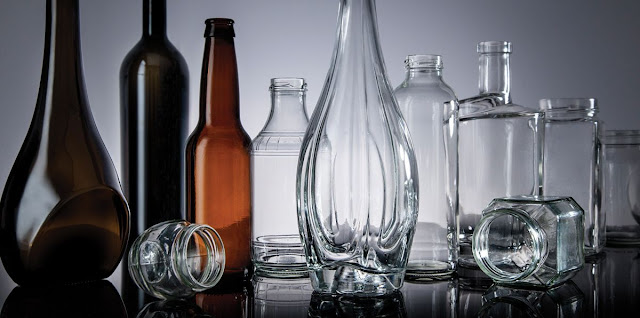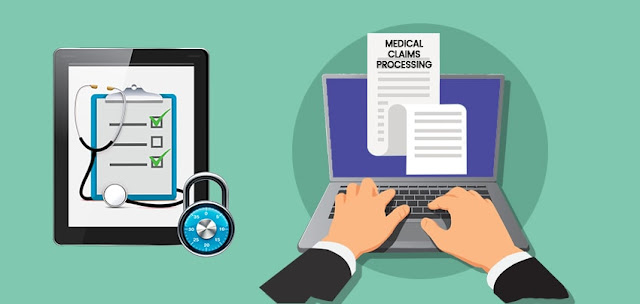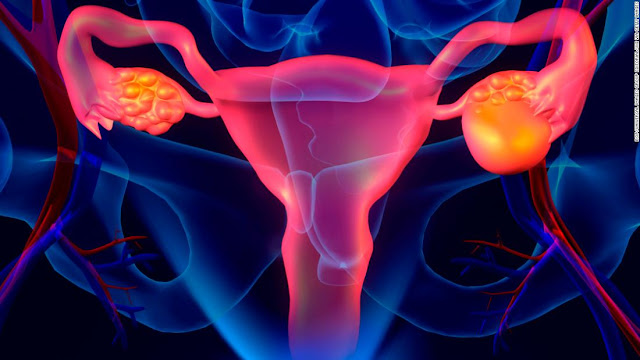The Science Behind Glass Packaging: How It Keeps Your Products Safe
 |
| Glass packaging |
The durability, environmental
friendliness, and adaptability of glass packaging make it a popular choice in
the packaging sector. Glass is still one of the most often used materials for
packaging a variety of goods, including food, drinks, medications, and
cosmetics. Glass packaging has been used for many years. We shall look at the
properties, benefits, and uses of glass packaging in this post.
Since glass is non-porous and
inert, no reactions take place when it comes into touch with other substances.
This makes it perfect for use in food and beverage packaging because it has no
impact on the flavour or quality of the final product. Glass
packaging is renowned for its strength and durability, which enables it to
safeguard the contents from harm during storage and transit. Glass is
transparent, which makes it a fantastic marketing tool for businesses since it
enables customers to view the goods before they buy it.
The environmental friendliness of
glass packaging is one of its key benefits. Glass is a completely recyclable
substance that may be recycled several times without sacrificing its quality or
purity. Recycling glass packaging decreases the demand for new raw materials,
aiding in the preservation of energy and natural resources. Glass
packaging recycling also dramatically lowers greenhouse gas emissions,
making it a great choice for businesses trying to minimise their carbon impact.
Glass packaging is available in a
variety of forms, dimensions, and hues, making it perfect for a variety of
products. Glass jars are used to package culinary items like sauces, jams, and
pickles, whereas glass bottles are frequently used to package beer, wine, and
other alcoholic beverages. Glass packaging is a great choice for cosmetics and
beauty goods since it can be moulded into many shapes.
Due to its non-reactive nature
and lack of contamination, glass packaging is frequently utilised in the
pharmaceutical business. Additionally, because glass is transparent, it is
simpler for medical personnel to determine what is within the container. Glass
is a great choice for keeping medications that are light-sensitive since it
acts as a barrier against light and UV radiation.
Glass packaging is a great choice
for businesses searching for a long-lasting, environmentally friendly, and
adaptable packaging material. Because it is non-reactive, it is perfect for
packing foods, drinks, medicines, and cosmetics. For businesses aiming to lower
their carbon impact, glass packaging is a sustainable choice because it is
completely recyclable. Due to its adaptability, which enables it to be utilised
for many product kinds, it is a well-liked option in the packaging sector.


Comments
Post a Comment